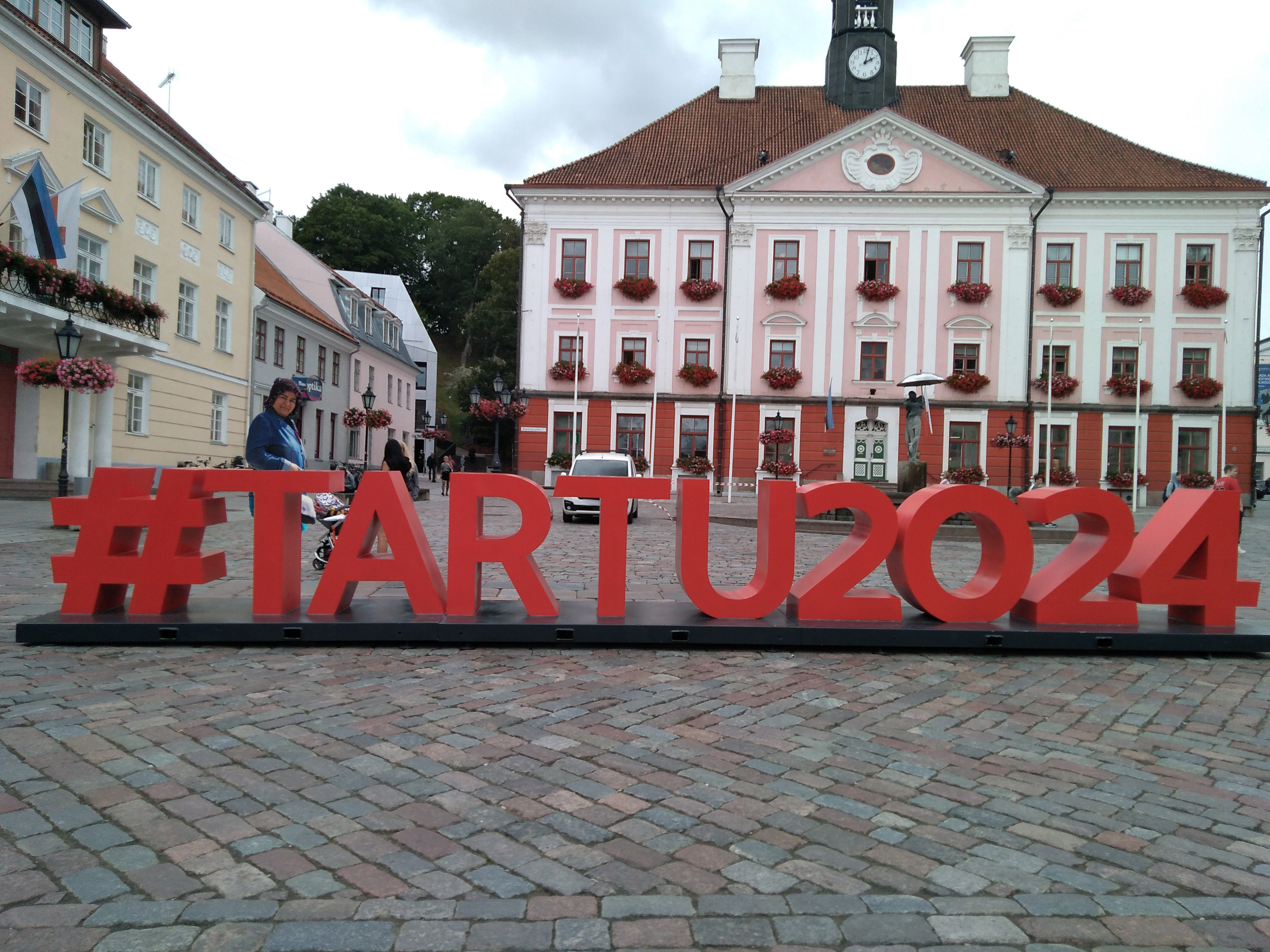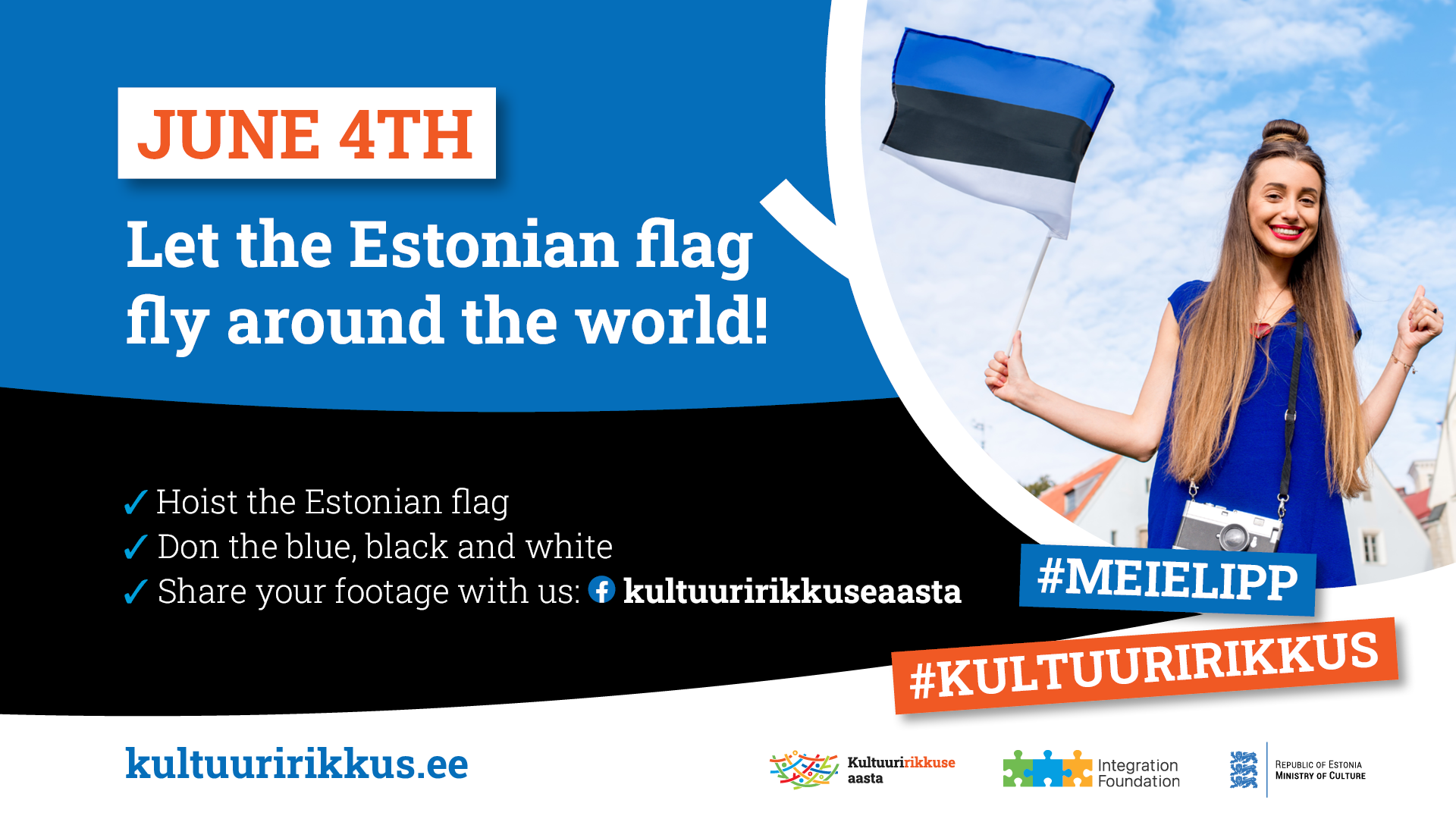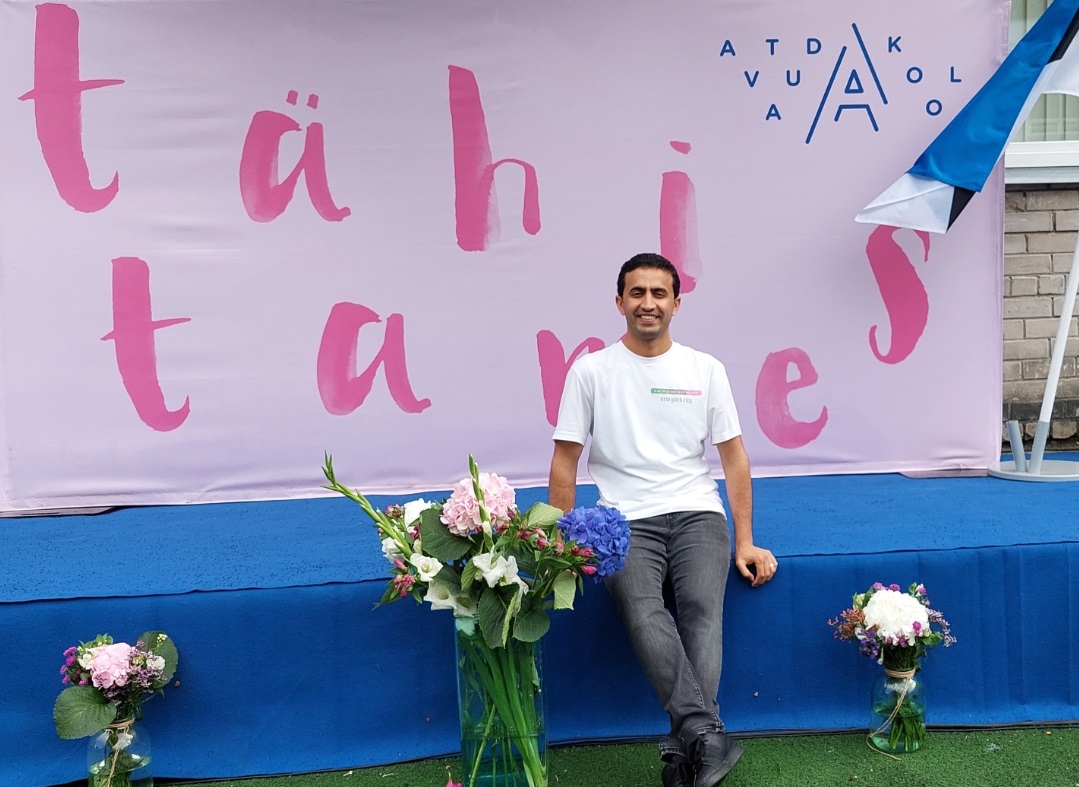Najmeh, who moved to Estonia to study six years ago, praises our digital state and culture, but admits that the organisation of learning Estonian at advanced levels could be smoother.
Who are you and how did you end up in Estonia?
I have been living in Estonia for six years. I started my doctoral studies at the University of Tartu in 2018 and that is why I came to Estonia. I was looking for a suitable project when I found a subject I was interested in at the University of Tartu. I wrote a project proposal and after a short while my supervisor invited me to study in Estonia.
I am from Iran. I came to Estonia with my family. My daughter goes to an Estonian school. She used to go to an Estonian kindergarten. We love it here – it feels like home!
What do you like about Estonia?
Life in Estonia has left a good impression on me. Everything is calm here. I think Estonians are nice, reserved, and calm people. I find it interesting that people are not in a hurry here, but in Iran, for example, everyone is in a hurry all the time. I read that the number of road accidents in Estonia is very low. This is great. Children go to school alone. This is a big plus of living in Estonia.
Estonians live a simple life, they do not chase luxury. Instead, they generously share their culture – song and dance.
I think Estonia is the only country in the world where everything is digital. It is too good! Two years ago, we wanted to renew our residence permit and it was easy to do by email. This is the biggest plus in Estonia.
We live in a media age and although the media has a big influence on people’s values, I have not experienced Estonians having a bad attitude towards me because I am a foreigner.

Why did you decide to learn Estonian and how did the language learning process go?
You need Estonian to communicate with people and make new friends. When moving to a new country, knowing the language is very important. When I came to Tartu, I decided to learn Estonian. But as I was studying and working at the same time, which took up a lot of my time, I felt that Estonian was too difficult and I dropped out. After defending my doctoral thesis, it occurred to me that I could spend my free time learning Estonian and I started to learn it. I can say that it was a new gateway to discover Estonian culture.
So far, there has been nothing too difficult or challenging about learning Estonian. I feel that learning Estonian has completely changed my life; it has become a part of me and my everyday life.
The only problem is finding information on new courses.
When you compare different languages, do you find Estonian more difficult than other languages?
I speak Persian and English, and now a bit of Estonian. For me, it was harder to learn English than Estonian, because I had no practical experience when learning English while living in Iran. Studying Estonian, I hear Estonian every day and I can practise it, which makes it easier to learn.
For me, the only problem with speaking Estonian is the fear of making mistakes. Because of this, I prefer to speak English. But in general, I feel that when I speak Estonian and make mistakes, Estonians do not mind and understand. Although, sometimes when I want to speak Estonian to Estonians, they quickly switch to English.
What else has learning Estonian given you?
I like Estonian culture and I noticed that Estonians are proud of their culture. If there is a song and dance festival, I watch it on TV. If there is a cultural event or festival in Tartu, I attend with my family. I find Estonian folk dance very interesting. It is a bit like Iran – we have different cultures and each ethnic group has its own local dance and costume.
Here, everyone seems to be busy with their own work and life. I have heard it said that Estonians are like nuts – it takes time to open one up, but when you do, Estonians are good friends and you can count on them. Fortunately, now we have many good Estonian friends here and that is valuable for us.
What do you recommend to other newly arrived immigrants coming to live in Estonia?
When I attended the language course, I not only learned Estonian, but also the culture of Estonia. I listened to music at Christmas, read about Estonia. This is why, I think, learning Estonian is necessary if you want to talk to people anywhere in the city.
So, my advice to other newly arrived immigrants is to start learning Estonian! Do not be afraid of the difficulties of learning a language, because every language has its own difficulties. Instead, challenge yourself to learn about culture through a language learning perspective.
FOR INFORMATION
The Settle in Estonia Programme is a free educational programme provided by the Estonian state which is intended to help the foreigners who have arrived in Estonia to adapt and become accustomed to local life more easily. We offer courses for people who have come to live or study in Estonia and have lived here for less than 5 years. For example, war refugees to whom Estonia offers international or temporary protection, as well as people who have come to Estonia to work or do business here or relocate with their family member. We offer language training and other courses to help you cope with everyday life in Estonia. Read more and register: https://integratsioon.ee/en/kohanemine. The adaptation programme is co-funded by the European Union and the state budget.


